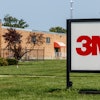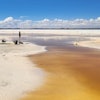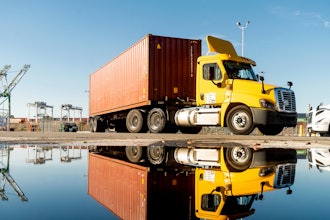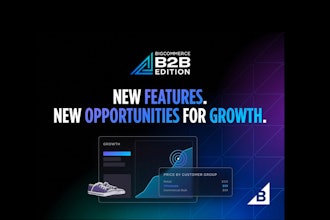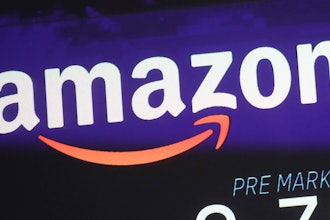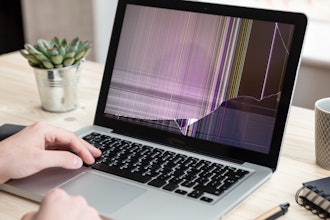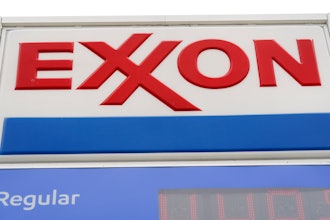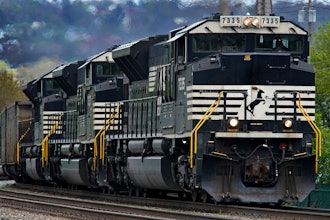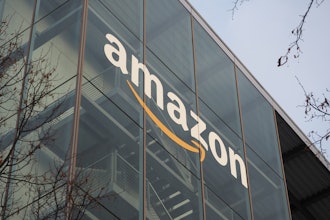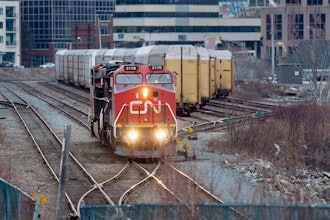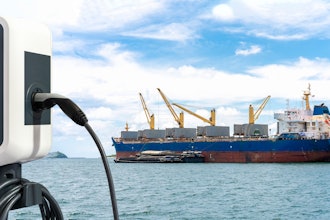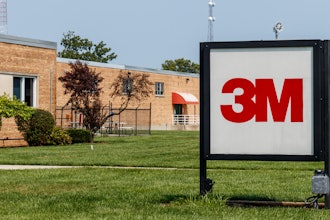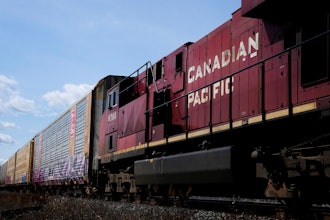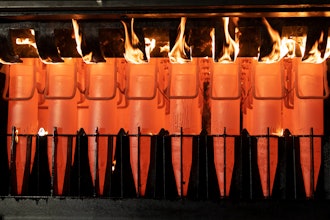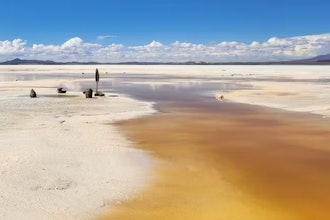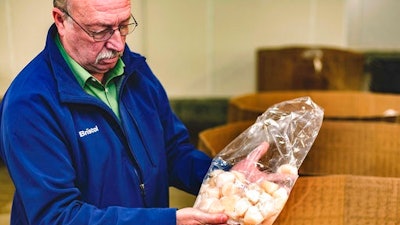
PORTLAND, Maine (AP) — Fair trade coffee, bananas and ... scallops? Yes, very soon.
Fair trade certification status, which is conferred by independent groups to denote environmental sustainability and fair working conditions, has been around for years. But it's just now on the rise among seafood products in the U.S., where consumer interest in the story behind the fish and shellfish they eat is growing.
Certification of seafood products, including tuna and shrimp, began in 2014, and the volume of imports of such products grew more than 350 percent last year to more than 1.2 million pounds (500,000 kilograms), said Fair Trade USA, a California-based nonprofit group. The first company to offer fair trade seafood harvested from U.S. waters will have scallops on the market this month.
The company, Bristol Seafood of Portland, Maine, is looking to capitalize on the growing interest in authenticity of seafood, said its president, Peter Handy.
"There's a certain sanctity to food when it comes to the story about it," he said. "It tastes better the more you know."
Independent groups, including Fair Trade USA, provide certifications to a host of products that people buy in stores, ranging from fruit and nuts to home goods. The certification is most commonly associated with coffee, which launched the fair trade movement in the 1990s.
To achieve certification, companies need to submit to an audit and interviews to make sure the food is produced with fair working conditions and environmental stewardship along the supply chain. Packaged products can then bear a "Fair Trade Certified" seal, which carries a price premium.
Fair Trade USA currently certifies shrimp from Mexico, yellowfin tuna from Indonesia, and skipjack and yellowfin tuna from Maldives. It is the only group currently certifying seafood as fair trade, representatives for the nonprofit said.
Interest in the seafood supply chain has grown since an Associated Press investigation of slave labor conditions in Thailand's shrimp fishery, said Ashley Apel, senior manager of the seafood program for Fair Trade USA. Even before that, a 2014 study by a pair of economists from the University of Kentucky said more than 80 percent of consumers were at least somewhat influenced by labels that tell the story of seafood.
"It was the right place and right time to show that the seafood industry needs a fair trade certification," Apel said.
The standards for achieving the certification for seafood products focus on management of fish stocks and fishing habitat, as well as the wages and working conditions of the fishermen and others in the supply chain. Steps must be taken to eliminate forced labor and human trafficking, and workers must have the freedom to organize. At the same time, there must be documentation of things like proper waste management and protection of ecosystems, Fair Trade USA's materials state.
Fair Trade USA is one of a handful of major groups involved in certifying food products, with another prominent one other being Germany-based Fairtrade International.
They're banking on chefs and restaurants getting excited about the products. Barton Seaver, a chef and author in Freeport, Maine, said fair trade seafood is too new to be familiar to many restaurateurs but is part of seafood's future.
"It's currently in its infancy, but I think the products they are working with will quickly prove the model, and the value that it can offer," he said.
The economic, environmental and humans rights impacts of fair trade labels are the subjects of debate and academic study.
A 2014 study published in the Journal of Economic Perspectives stated that "there is overwhelming evidence that Fair Trade-certified producers do receive higher prices than conventional farmers for their products." The evidence for environmental protection and economic security of workers was more mixed, but benefits to both were observed, the same study said.
Jason Potts, a senior associate with the International Institute for Sustainable Development located in Montreal, said the question of "are these things actually working?" remains a difficult one to answer.
"We're attempting to answer this question. My message to the world is we need more impact research, and more data. Better data," he said.
One of the big incentives for fishermen to participate in fair trade certification, Apel said, is that sales generate "fair trade premiums," which are used for community development projects where harvesters live. The nonprofit delivered more than $200,000 of these premiums to fishermen last year.
Erik Orman, who owns a pair of New Bedford scallop boats that harvest shellfish that will be certified fair trade, said he envisions the premium money being reinvested in fisheries science programs. The certification, he said, will also give the scallops an edge in the marketplace.
"For the consumer, they are socially conscious and able to choose the food they eat based on the criteria that are important to them," he said.


